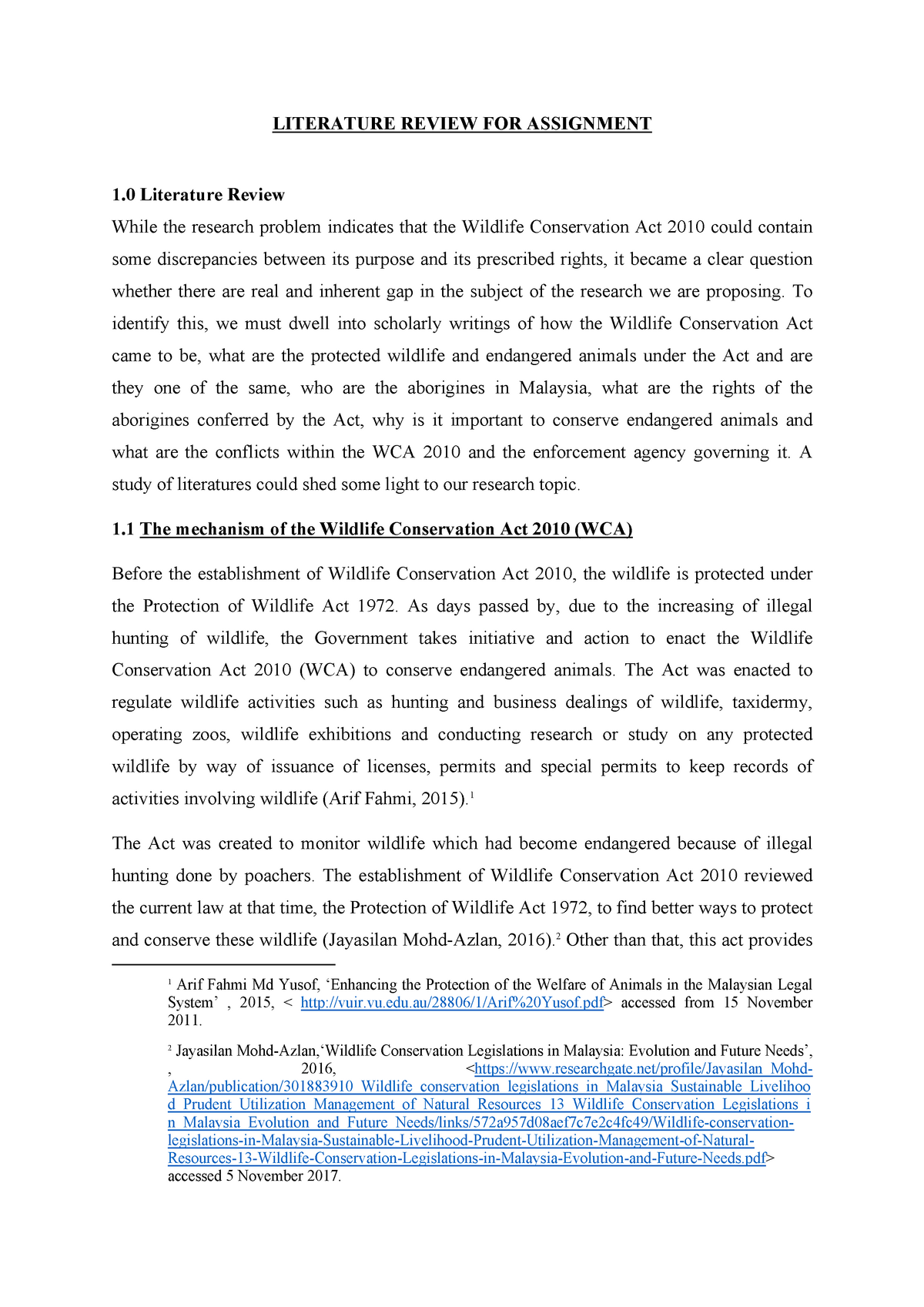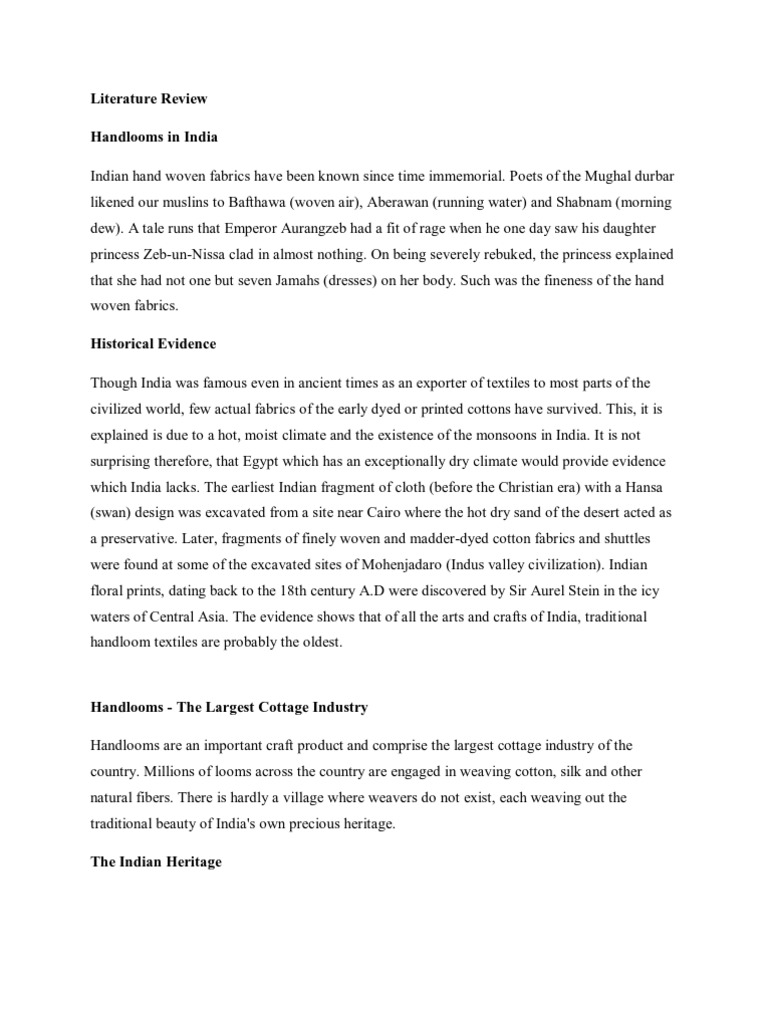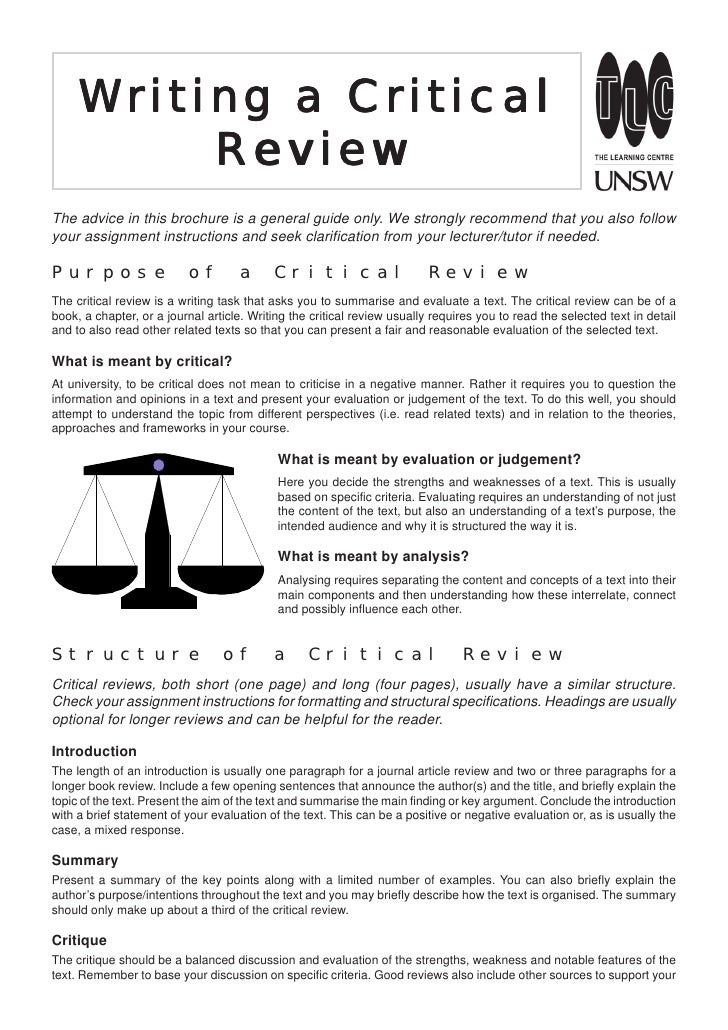Literature Review Definition
A literature review is a document or section of a document that collects key sources on a topic and discusses those sources in conversation with each other (also called synthesis). The lit review is an important genre in many disciplines, not just literature (i.e., the study of works of literature such as novels and plays) research and literature reviews will be required. Good critical literature reviews tell a story and help to advance our understanding of what is already know. Although there is no tradition in pharmacy practice research of literature review as a research method in its own right, the newly emerging systematic or meta analysis review has found favour critical literature review. Af ter all, it remains true that lite rature which initially info rms, challenges or. extends research, in turn becomes a part of the literature of future research. So Estimated Reading Time: 6 mins

Critical Review
A literature review is a document or section of a document that collects key sources on a topic and discusses those sources in conversation with each other (also called synthesis). The lit review is an important genre in many disciplines, not just literature (i.e., the study of works of literature such as novels and plays) · Critical appraisal tools designed to be used when reading research. Includes tools for Qualitative studies, Systematic Reviews, Randomised Controlled Trials, Cohort Studies, Case Control Studies, Economic Evaluations, Diagnostic Studies and Clinical Prediction Rule. How to read critically - business and blogger.com: Miranda Newell Your critique enables you to end your literature review by posing unanswered questions, proposing approaches upcoming research. If your literature review is an introduction to your study, your critique ought to support the rationale for carrying out the research. You'll then state your research question(s) and hypothesis

Read and Take Notes
· Writing a Literature Review: A literature review is a type of critical review in which you analyze and evaluate many sources on a specific topic. The purpose is to provide your reader with an overview of the research that has been done on your topic, and to evaluate the sources you are reviewing. You will probably include less research and literature reviews will be required. Good critical literature reviews tell a story and help to advance our understanding of what is already know. Although there is no tradition in pharmacy practice research of literature review as a research method in its own right, the newly emerging systematic or meta analysis review has found favour A literature review is a document or section of a document that collects key sources on a topic and discusses those sources in conversation with each other (also called synthesis). The lit review is an important genre in many disciplines, not just literature (i.e., the study of works of literature such as novels and plays)

Evaluate the information you have found
Your critique enables you to end your literature review by posing unanswered questions, proposing approaches upcoming research. If your literature review is an introduction to your study, your critique ought to support the rationale for carrying out the research. You'll then state your research question(s) and hypothesis · Finally, if you are required to write a literature review in Chicago style, here are the key rules to follow: Set page margins to no less than 1 inch. Use double spacing across the entire text, except when it comes to table titles, figure captions, notes, blockquotes, and entries within the bibliography or References · Writing a Literature Review: A literature review is a type of critical review in which you analyze and evaluate many sources on a specific topic. The purpose is to provide your reader with an overview of the research that has been done on your topic, and to evaluate the sources you are reviewing. You will probably include less

Critiquing Literature
critical literature review. Af ter all, it remains true that lite rature which initially info rms, challenges or. extends research, in turn becomes a part of the literature of future research. So Estimated Reading Time: 6 mins · A literature review is a piece of academic writing demonstrating knowledge and understanding of the academic literature on a specific topic placed in context. A literature review also includes a critical evaluation of the material; this is why it is called a literature review rather than a literature report Your critique enables you to end your literature review by posing unanswered questions, proposing approaches upcoming research. If your literature review is an introduction to your study, your critique ought to support the rationale for carrying out the research. You'll then state your research question(s) and hypothesis
No comments:
Post a Comment